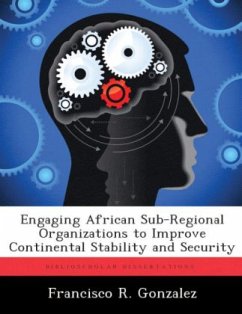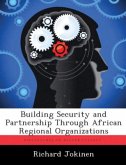Abstract The United States has been engaged on the African continent for one reason or another for many decades and despite the recent change in presidential administrations, it is likely that Africa will remain in the national security consciousness for the foreseeable future. Africa is a socially complex area of the world, with a diverse demographic, expanding population, and vast, untapped resources. The continent is important to U.S. national security objectives not only because of the threat of terrorism, but for economic and humanitarian reasons, as well. While there are several programs and initiatives to further the interests of both Africans and the United States, perhaps one of the best ways in which to engage Africa is through sub-regional organizations like ECOWAS. While engagement is important, the type of engagement and how the U.S. presents itself are equally important. Thus, an effective way to capitalize on sub-regional engagement and obtain the most benefit is to emulate the NATO Strategic Airlift Capability program. This program is a visible, viable means in which to improve ECOWAS's ability to support itself and its member states' stability and interests in the long term.
Hinweis: Dieser Artikel kann nur an eine deutsche Lieferadresse ausgeliefert werden.
Hinweis: Dieser Artikel kann nur an eine deutsche Lieferadresse ausgeliefert werden.








